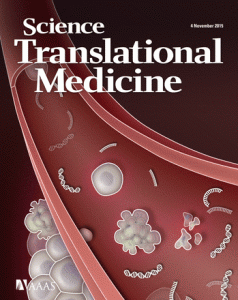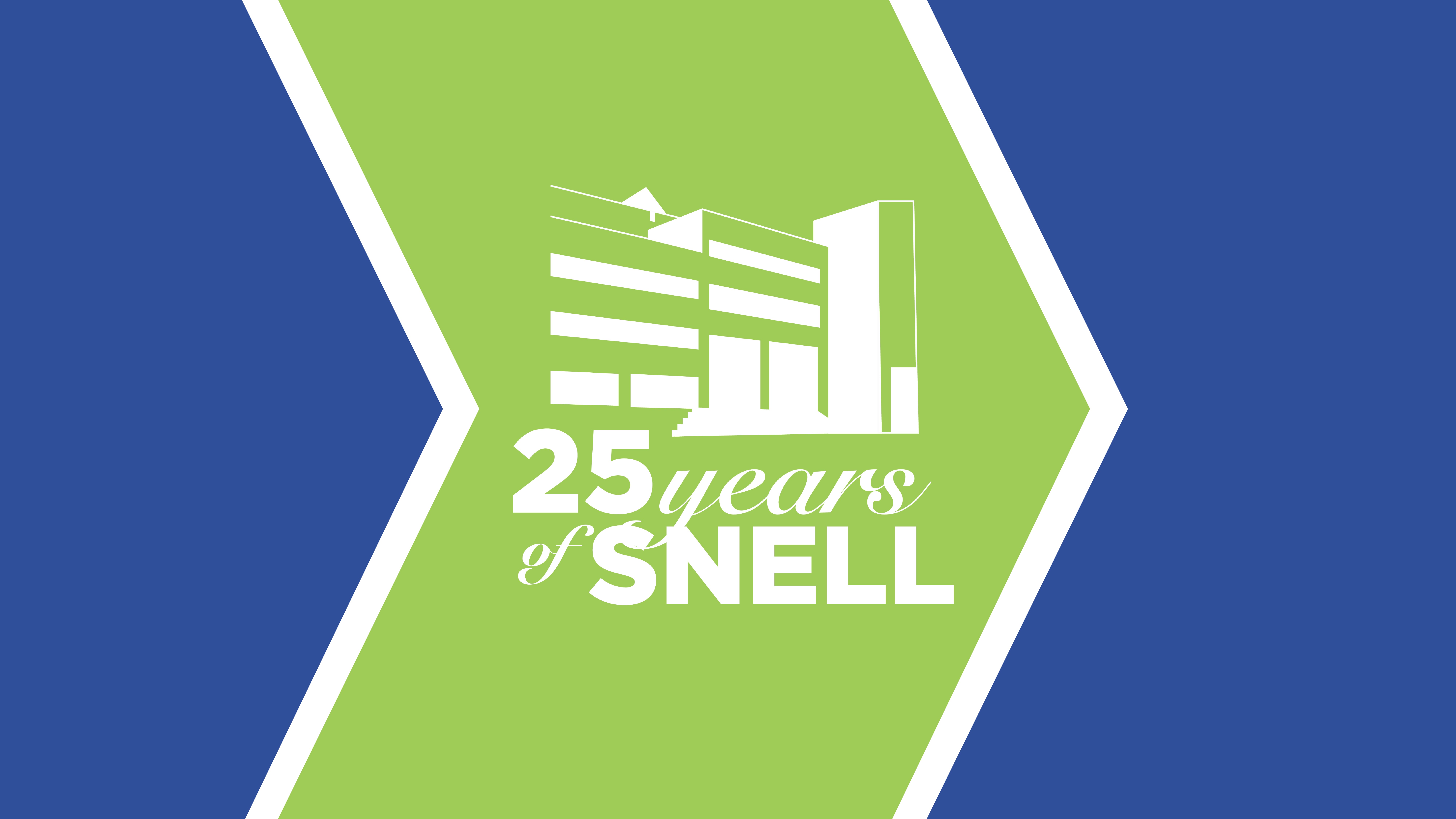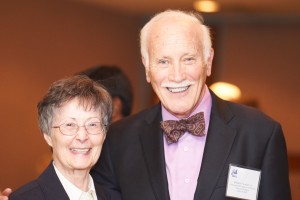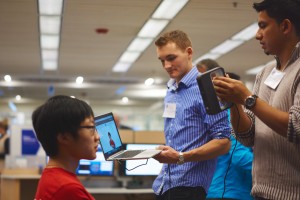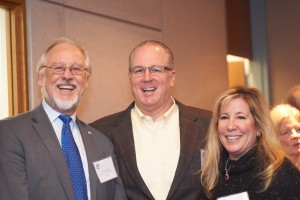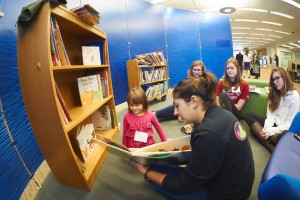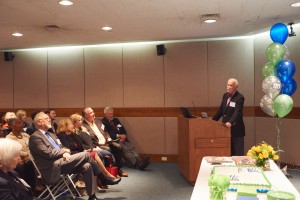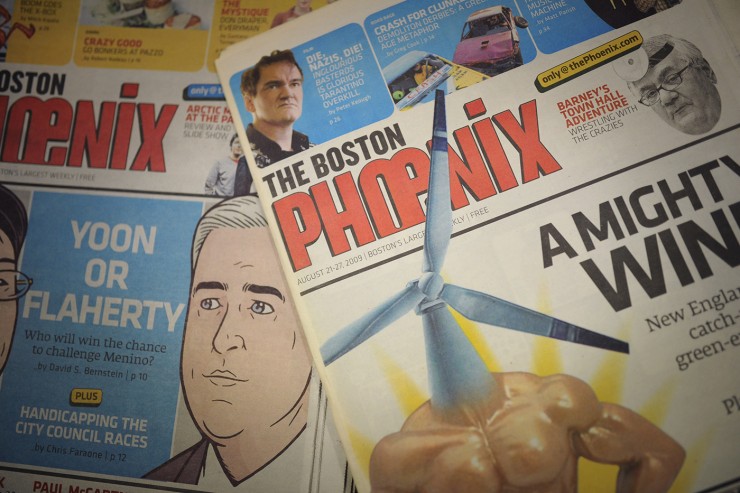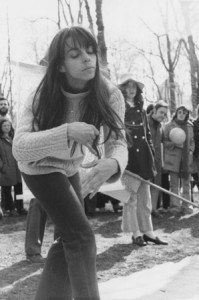Framing the Future of STEM Education by Giving Voice to the Past
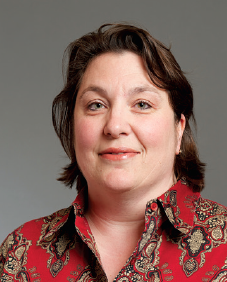
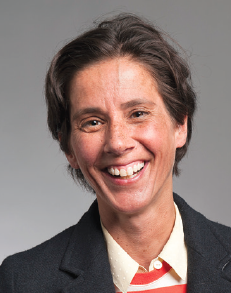
Guest Post by Kelly J. Conn, Ph.D. and Mya M. Mangawang, Ph.D.
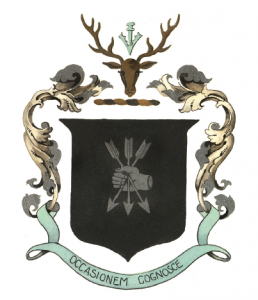 I will never forget the thrill I felt as I worked my way carefully through the meticulously organized folders and boxes of the Lowell Institute School archive collection housed in the Northeastern University Libraries, Archives and Special Collections Department of Snell Library. What would be in the next folder? A poem? A work of art? A legal document? A handwritten letter? How were all these items connected? What story did these archives have to tell of the rich history of the 112-year-old Lowell Institute School, which was embraced by Northeastern University in 1996?
I will never forget the thrill I felt as I worked my way carefully through the meticulously organized folders and boxes of the Lowell Institute School archive collection housed in the Northeastern University Libraries, Archives and Special Collections Department of Snell Library. What would be in the next folder? A poem? A work of art? A legal document? A handwritten letter? How were all these items connected? What story did these archives have to tell of the rich history of the 112-year-old Lowell Institute School, which was embraced by Northeastern University in 1996?
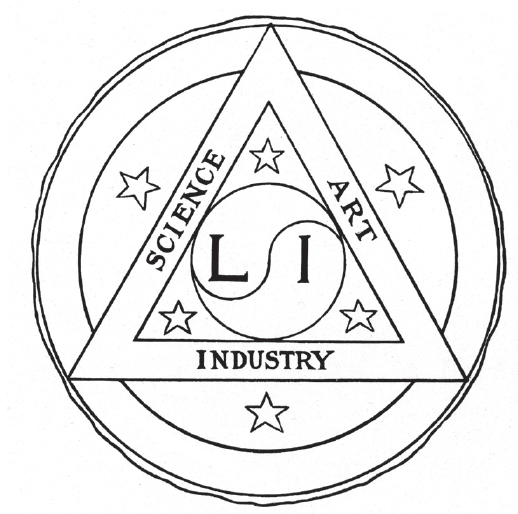
While many aspects of the School’s early history had previously been shared in different ways by various authors, an account that combined these stories into a comprehensive narrative that spanned the period from the arrival of the Lowell family in New England through today had not yet been published. My co-author, Dr. Mya M. Mangawang, and I set out to tell that story, not only to celebrate and honor the Lowell family, their Institute, and the School they began, but also to help frame the most recent vision for the future of the School in meeting the needs of the critical areas of science, technology, engineering, and mathematics (STEM).
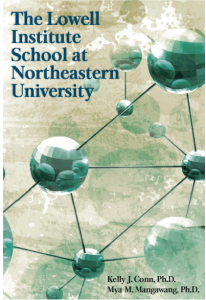 This history is meant both to document the past and point to the future in order to highlight the ways in which the Lowell Institute School has met, and is well-positioned to continue to meet the needs of our STEM industries for years to come. We hope that you, as our readers, will appreciate the well-defined and distinguished legacy of the Lowell Institute and Northeastern University, and will join us in our optimism about the powerful impact that the Lowell Institute School at Northeastern University will have on future generations.
This history is meant both to document the past and point to the future in order to highlight the ways in which the Lowell Institute School has met, and is well-positioned to continue to meet the needs of our STEM industries for years to come. We hope that you, as our readers, will appreciate the well-defined and distinguished legacy of the Lowell Institute and Northeastern University, and will join us in our optimism about the powerful impact that the Lowell Institute School at Northeastern University will have on future generations.

